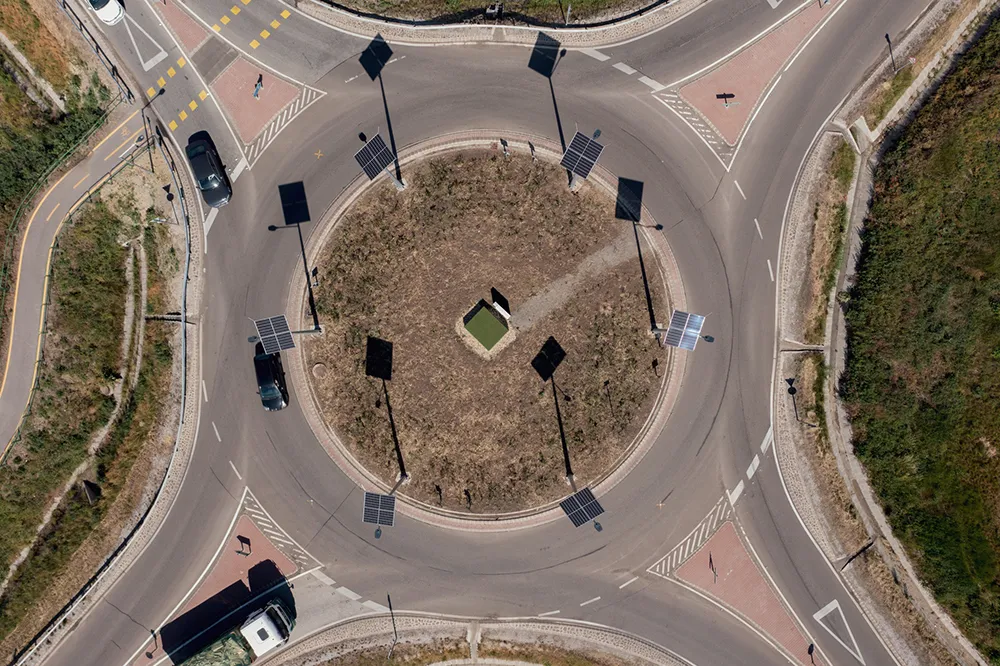
SRL Traffic Systems has launched a product designed to improve safety in highway workzones.
The Remotely Operated Stop Go (Rosgo) System is the company’s first remotely-operated stop/go sign, to be used by staff engaged in temporary works on the road.
SRL says the portable wireless device can be easily and cost-effectively deployed and operated by a single person from a location of safety up to 200m away.
Its 24kg base is the lightest available, the company says, and means one person can lift it.
The 900mm diameter signs may be used as part of an integrated system comprising up to four units, which means it is capable of managing four-way stop/go sites.
It has lithium batteries, which means it can be recharged using an in-vehicle charger, while one button enables the user to coordinate multiple signs - automatically precluding green conflicts.
SRL’s CEO Adrian Murphy says the company "is committed to ongoing product innovation to help promote the safety of road workers, while facilitating the cost-effective operation of efficient traffic management projects".
SRL has also launched a hand-held device for long-distance control of its Eurolight portable traffic signals.
The Euro Remote Control can also facilitate more unusual scenarios - such as train crossings or slow-moving vehicles – that standard traffic light settings would not be able to accommodate.
It features feedback LEDs, confirming phase settings from a 300m distance, allowing the user "an unparalleled degree of control".
The unit facilitates the management of manual mode and all-red setting and is rechargeable via USB-C.
SRL also says its existing Urban64 temporary traffic control system has been enhanced with the introduction of an extendable pole on which the signals are mounted.
Previously constructed on site, lights incorporating the new structure are built off-site, before being transported to their destination, where the poles are swiftly extended to full height, the firm says.
It estimates that the new units "may be cost-effectively installed up to 30% more quickly than the originals".
This reduces the time for which customers are required to manage traffic while the solution is established, minimising road user disruption.










